NAE Grand Challenges for Engineering Speaker Series
About NAE Grand Challenges for Engineering Speaker Series
In partnership with the National Academy of Engineering (NAE) and Kern Entrepreneurial Engineering Network (KEEN), the Grand Challenge Scholars Program (GCSP) at Arizona State University (ASU) invite you to an engaging speaker series, focusing on the fourteen Grand Challenges for Engineering in the 21st Century and applying an entrepreneurial mindset. Esteemed speakers from across the nation will come to ASU to share their expertise in their field, discuss the grand challenges our world faces, and answer probing questions on what can be done.
Open to all ASU students, GCSP students, and anyone else interested in learning more about the NAE Grand Challenges for Engineering.
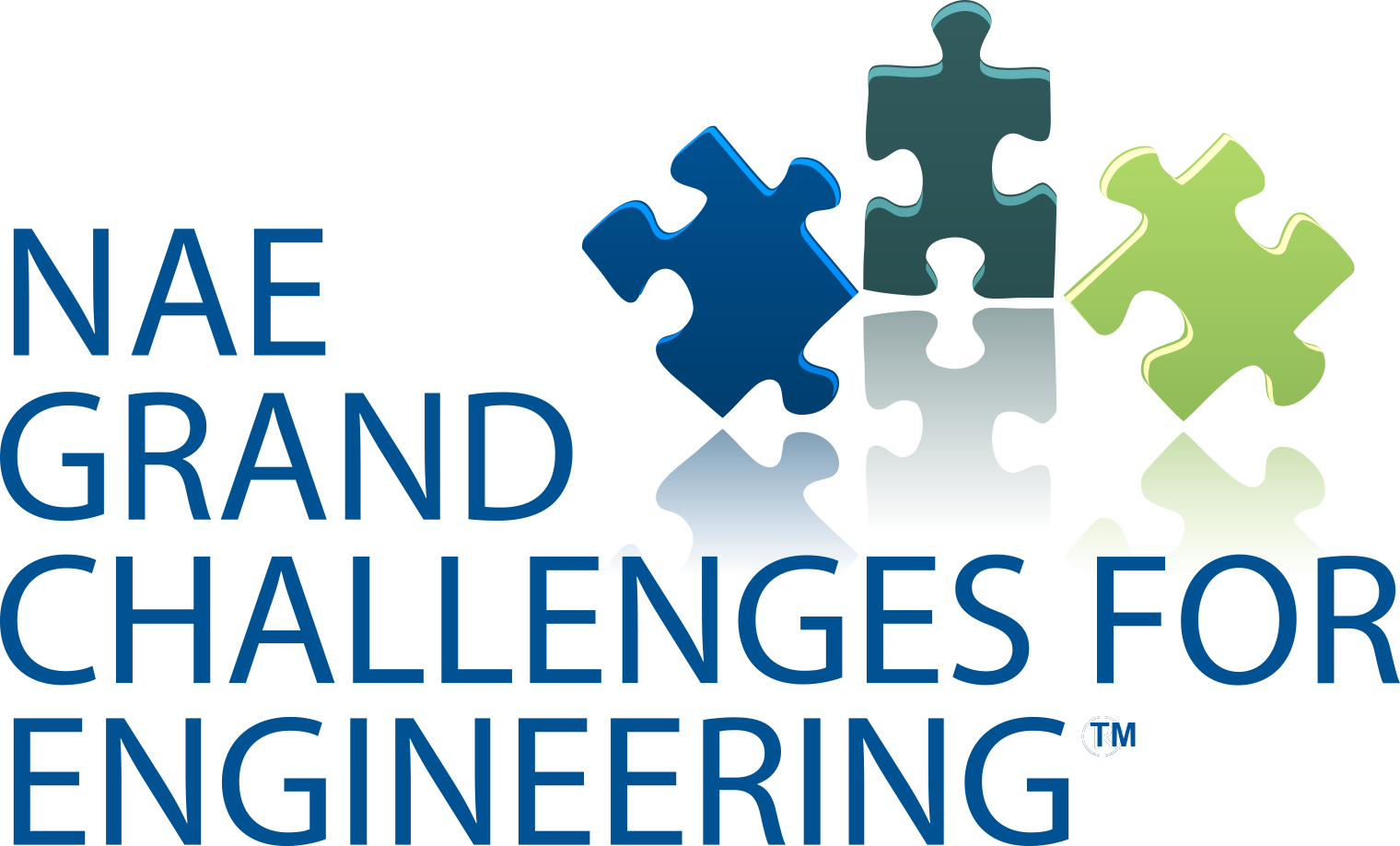
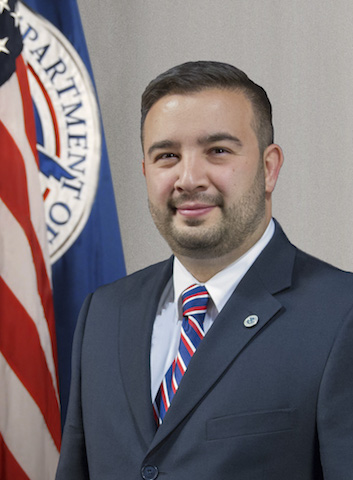
Mohamad Mirghahari
When
Tuesday, September 22nd
1:30pm – 2:30pm
Where
Online
Register
A Coming Greenwar: Climate Change and Green Energy and their impact on National Security
Mr. Mirghahari will examine how climate change has a direct impact on national security and how green energy solutions could provide an answer to the issues while creating unforeseen national security implications.
Mohamad Mirghahari was a Presidential appointee under the Obama Administration who served as Senior Advisor to the Chief of Staff for the Transportation Security Administration (TSA), prior to that he has spent the past 16 years working in key leadership positions within the Department of Defense, in support of counterterrorism initiatives that have significantly impacted mission-critical outcomes across the globe. While at the Department of Defense he served in multiple global and domestic posts including but not limited to Bahrain, Afghanistan, Oman, and Special Operations Command Central (SOCOM) at MacDill Air Force Base in Tampa, FL, where he provided expertise in support of special ops elements of the Army, Marine Corps, Navy and the Air Force worldwide. Mohamad is a recipient of the Secretary of Homeland Security’s Award for Excellence 2016, in recognition of his outstanding work for the TSA, and numerous additional commendations and awards from the Department of Defense, The Pentagon, NATO, Special Operations, and the Civilian Combat Support Award.
Mohamad still serves as a special advisor to both Department of Defense and Special Operations Command, and also serves as a National Security Fellow at Seton Hall University.
Register to get the Livestream link!
Past Speakers & Videos
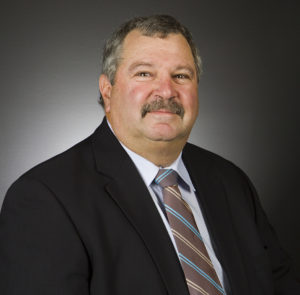
Restore and Improve Urban Infrastructure
Dr. Edward Kavazanjian, Jr. is a Regents Professor and the Ira A. Fulton Professor of Geotechnical Engineering. He joined the faculty at Arizona State University in August 2004 after 20 years as a practicing civil engineer. Dr. Kavazanjian has Bachelor and Master of Science degrees in Civil Engineering from M.I.T. and a Ph.D. in Geotechnical Engineering from the University of California at Berkeley. In 2013, he was elected to the National Academy of Engineering. In August 2015, he became Director of the Center for Bio-mediated and Bio-inspired Geotechnics (CBBG) at ASU, a National Science Foundation-funded Engineering Research Center dedicated to the emerging sub-discipline of biogeotechnical engineering.
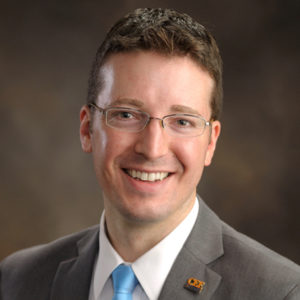
Provide Global Access to Sanitation and Clean Water
Dr. Jeremy Guest is an Assistant Professor in the Department of Civil and Environmental Engineering at the University of Illinois at Urbana-Champaign (UIUC). His research focuses on the development of technologies for sustainable water and sanitation, with a focus on resource recovery from bodily excreta in technologically advanced and developing communities. Dr. Guest serves as the Sustainable Design Lead for the Center for Advanced Bioenergy and Bioproducts Innovation funded by the U.S. Department of Energy (DOE) and the Environmental Sustainability Lead for the Soybean Innovation Lab funded by the U.S. Agency for International Development (USAID). He is the recipient of a National Science Foundation (NSF) CAREER Award, the 2016 recipient of the Paul L. Busch Award for innovation in applied water quality research from the Water Research Foundation, and a Beckman Fellow of the Center for Advanced Study at UIUC. His research has been sponsored by a number of agencies including the NSF, the U.S. Environmental Protection Agency, the U.S. Department of Agriculture, the U.S. DOE, the USAID, and the Bill and Melinda Gates Foundation. Dr. Guest’s formal training includes a B.S. and M.S. in civil engineering from Bucknell University and Virginia Tech, respectively, and a Ph.D. in environmental engineering from the University of Michigan.
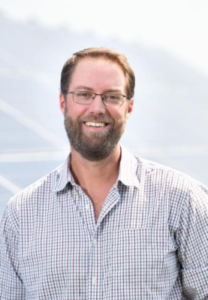
Low-cost solar energy is here, what’s next?
Dr. Nate Siegel is an associate professor of mechanical engineering at Bucknell University. He has over a decade of research experience developing concentrating solar power and fuel production technologies. Recently, Dr. Siegel was a team member on the SunShot-funded Falling Particle Receiver project, and also advised a student who designed and built a novel high-flux solar simulator used for thermochemical reactor testing. Prior to coming to Bucknell, Dr. Siegel worked at Sandia National Labs in the Solar Technologies group on projects including high temperature receiver development, solar fuels, and molten salt heat transfer fluid synthesis and testing.
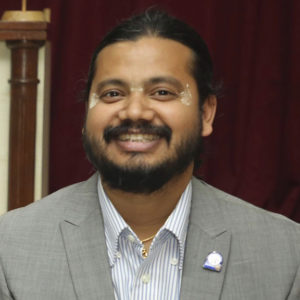
Connected Humanitarianism, Affordable Med-tech and the Future of Global Health
Dr. Dayaprasad Kulkarni has over a decade of experience in creating innovative solutions to healthcare problems for populations underserved by capitalist healthcare systems. He is a founding trustee of Sunbird Trust which helps bring peace to Northeast India through education and a founding trustee of Ayang trust which addresses educational, healthcare and livelihood challenges in Assam, India. He is the founder and director of Aarogya Seva: Global Health Volunteer Alliance, a transnational, not-for-profit, micro-volunteering platform that provides marginalized individuals and communities with access to local, sustainable, quality, and comprehensive healthcare for low or no cost. He has advised several startups to rethink public health problems through technology solutions. Among these health-tech initiatives are Taal, India’s first low-cost digital stethoscope; Tech4Health, an open innovation micro-volunteering platform, Sushruta Med-Tech Incubator and Enabler, MyCliniCare which brings digital breast cancer screening to your doorstep; HeartWare, a handheld EKG device; WellBeeing Integrative Medicine clinic; and 3D Usher, a 3D designing and manufacturing service.
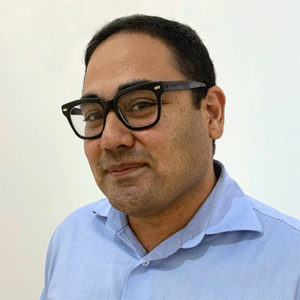
Learn to Not Fear the Dragon: Using AR/VR to Understand Complex Problems
Dennis Bonilla is the Chief Technology Officer for Baltu Studios. With 20 years of technology experience, Mr. Bonilla has helped create data visualization software and decision support systems for NASA and other U.S. agencies and has served in roles supporting committees advising U.S. President Barack Obama about options for future human space flight. At Baltu Studios, Dennis is creating immersive tools to enhance human capabilities. Baltu Studios leverages AR/VR/XR to help companies understand and solve complex problems. Dennis has spoken on space and science at SXSWi, IGN HQ, Phoenix Comicon, the ONA Annual Conference, and Star Wars Celebration, and has collaborated with the Center for Science and the Imagination on projects exploring science fiction and the future. Dennis also co-hosts the popular monthly Phoenix VR For Good Meetup.
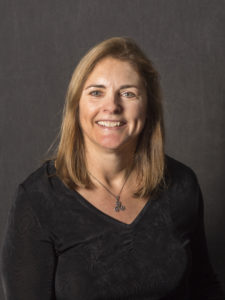
Human Systems Engineering and its Role in the Grand Challenges
Nancy J. Cooke is a professor of Human Systems Engineering at Arizona State and directs ASU’s Center for Human, AI, and Robot Teaming, and the Advanced Distributed Learning DOD Partnership Lab. She received her PhD in Cognitive Psychology from New Mexico State University in 1987. Dr. Cooke is the Past President of the Human Factors and Ergonomics and recently chaired a study panel for the National Academies on the Enhancing the Effectiveness of Team Science. Dr. Cooke was a member of the US Air Force Scientific Advisory board from 2008-2012. Dr. Cooke’s research interests include the study of individual and team cognition and its application to the development of cognitive and knowledge engineering methodologies, human-robot teaming, cyber security, intelligence analysis, remotely-piloted aircraft systems, healthcare systems, and emergency response systems. Dr. Cooke specializes in the development, application, and evaluation of methodologies to elicit and assess individual and team cognition. Her work is funded primarily by DoD.
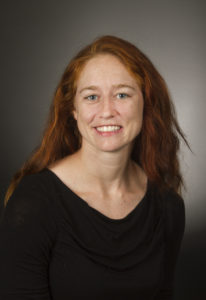
Social Personalized Learning Technologies
Erin Walker is an Associate Professor at the University of Pittsburgh, with appointments in the School of Computing and Information and the Learning Research and Development Center. She completed her PhD in Human-Computer Interaction from Carnegie Mellon University in 2010. Her research uses interdisciplinary methods to improve the design and implementation of educational technology, and to understand when and why it is effective. She works on projects that incorporate social and contextual adaptation into learning environments, including implementing a teachable robot for mathematics learning and developing an intelligent tutoring system to help parents and children read together. Walker’s work has resulted in many journal articles and peer-reviewed full conference papers, including a best paper award at Creativity and Cognition and award nominations at the Intelligent Tutoring Systems, Artificial Intelligence in Education, and Computer-Supported Collaborative Learning conferences. She was named to Phoenix Magazine’s 40 under 40 list in 2018.
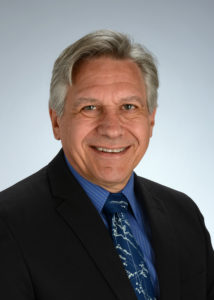
Re-engineering Damaged Brains
Is there a way to heal damage after a stroke? Can we engineer bridges between neural pathways in the brain?
As a result of brain injury, as might occur in stroke or trauma, not only is brain tissue lost, but widespread disruption occurs in the remaining neural connections. Emerging technological approaches that re-engineer connections within the brain using novel electronic interfaces, may be able to orchestrate the rewiring of the injured brain. However, substantial technical and biological hurdles need to be overcome to bring the promise of technology-based brain repair to reality.
Randolph J. Nudo, Ph.D. is a University Distinguished Professor and Vice Chairman of Research in the Department of Rehabilitation Medicine, and the Marion Merrell Dow Distinguished Professor in Aging at the Kansas University Medical Center. He is also the Director of the Landon Center on Aging and the Director of the Institute for Neurological Discoveries. He is a leading authority on neuroplasticity and recovery after brain injury, and is recognized internationally for his work on the effects of physiotherapy on functional plasticity after stroke. This work has been funded by NIH for over three decades. He currently holds other grants from the Department of Defense and private foundations for his research in traumatic brain injury and spinal cord injury. Dr. Nudo is the Editor-in-Chief of Neurorehabilitation & Neural Repair, a leading journal in the field of rehabilitation, and has recently served on the National Advisory Board for Medical Rehabilitation Research at NIH-NICHD. In addition to continuing fundamental research on post-stroke neuroplasticity, he and his colleagues are now developing microimplantable devices for repairing neural circuits after brain and spinal cord injury.
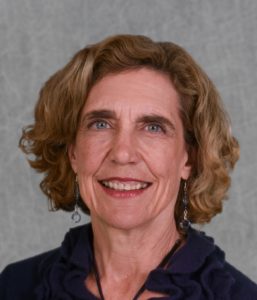
The Path from Research to Products
Frances S. Ligler is the Lampe Distinguished Professor in the Joint Department of Biomedical Engineering in the College of Engineering at NC State University and School of Medicine at UNC-Chapel Hill and an elected member U.S. National Academy of Engineering. Prior to moving to NC in 2013, she was at the U.S. Naval Research Laboratory (NRL) for 28 years, during the last 18 of which she was the Navy’s Senior Scientist for Biosensors and Biomaterials. She earned a B.S. from Furman University and both a D.Phil. and a D.Sc. from Oxford University. Currently working in the fields of biosensors, tissue-on-chip, and microfluidics, she has also performed research in biochemistry, immunology, and proteomics. She has over 400 full-length publications and 34 patents, which have led to eleven commercial biosensor products and have been cited over 18000 times with H=79 (Google Scholar). She serves as an Associate Editor of Analytical Chemistry. She was elected an SPIE Fellow in 2000, a Fellow of AIMBE in 2011, a Fellow of AAAS in 2013, a Fellow of the National Academy of Inventors in 2016, and an Honorary Member of the Hellenic Society for Nanotechnology in Health Sciences in 2017. In 2003, she was awarded the Homeland Security Award (Biological, Radiological, Nuclear Field) by the Christopher Columbus Foundation and the Presidential Rank of Distinguished Senior Professional by President Bush. In 2012, she was awarded the Presidential Rank of Meritorious Senior Professional by President Obama. In 2014 and 2018, she was awarded honorary doctorates from the Agricultural University of Athens, Greece and Furman University, respectively. She is a 2017 inductee of the U.S. National Inventors Hall of Fame, honored for her invention of portable optical biosensors.
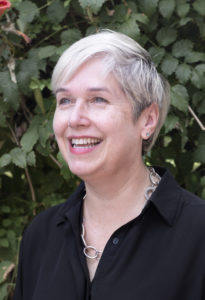
Why Do We Explore?
Lindy Elkins-Tanton is the Principal Investigator of the NASA Psyche mission, Managing Director of the Interplanetary Initiative at Arizona State University, and co-founder of Beagle Learning, a tech company training and measuring collaborative problem-solving and critical thinking. Her research and efforts are focused on a positive human space exploration future, the effective leadership of teams, and education for the future of society. She has led four field expeditions in Siberia. She served on the Planetary Decadal Survey Mars panel, and the Mars 2020 Rover Science Definition Team, and now serves on the Europa Clipper Standing Review Board. In 2010 she was awarded the Explorers Club Lowell Thomas prize. Asteroid (8252) Elkins-Tanton is named for her. In 2013 she was named the Astor Fellow at Oxford University. She is a fellow of the American Geophysical Union, and of the American Mineralogical Society, and in 2018 she was elected to the American Academy of Arts & Sciences. Elkins-Tanton received her B.S., M.S., and Ph.D. from MIT.
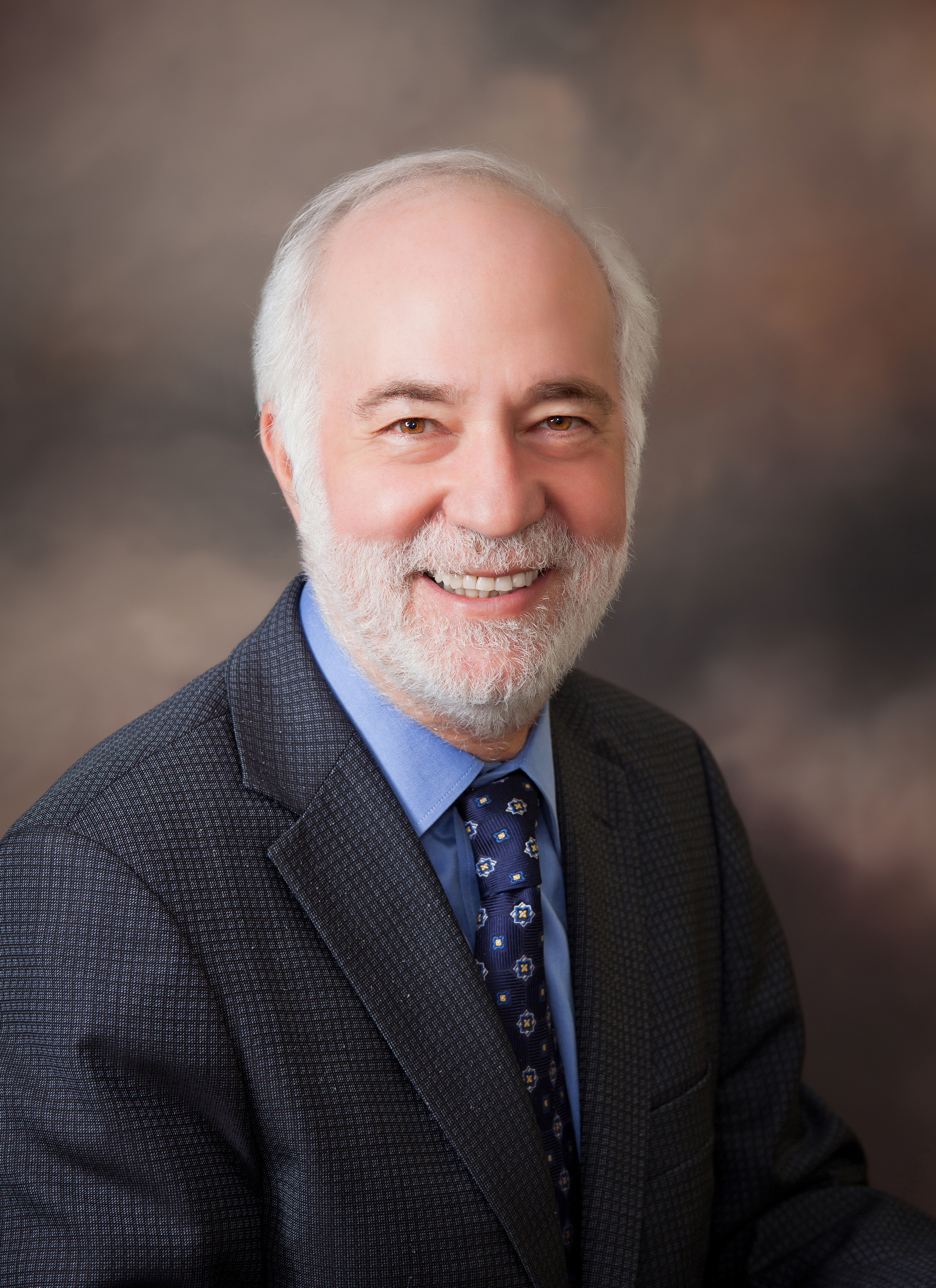
Three Transportation Revolutions: Steering Automated, Shared, and Electric Vehicles to a Better Future
Dr. Daniel Sperling is Distinguished Professor of Civil Engineering and Environmental Science and Policy, and founding Director of the Institute of Transportation Studies at the University of California, Davis. He holds the transportation seat on the California Air Resources Board (first appointed by Governor Schwarzenegger in 2007) and served as Chair of the Transportation Research Board of the US National Academies. He was awarded the 2018 Roy W. Crum award from TRB, its highest research award, and was the 2013 recipient of the Blue Planet Prize from the Asahi Glass Foundation, described as the Nobel Prize for the environmental sciences, and served twice as lead author for the IPCC (sharing the 2007 Nobel Peace Prize). He has testified 8 times to the US Congress, and has authored or co-authored over 250 technical papers and 13 books, including Three Revolutions: Steering Automated, Shared, and Electric Vehicles to a Better Future (Island Press, 2018), is a regular contributor to Forbes and an Energy Expert contributor for Wall Street Journal, is widely cited in leading newspapers, been interviewed many times on NPR radio, including Science Friday, Talk of the Nation, Marketplace, and Fresh Air, and in 2009 was featured on The Daily Show with Jon Stewart.
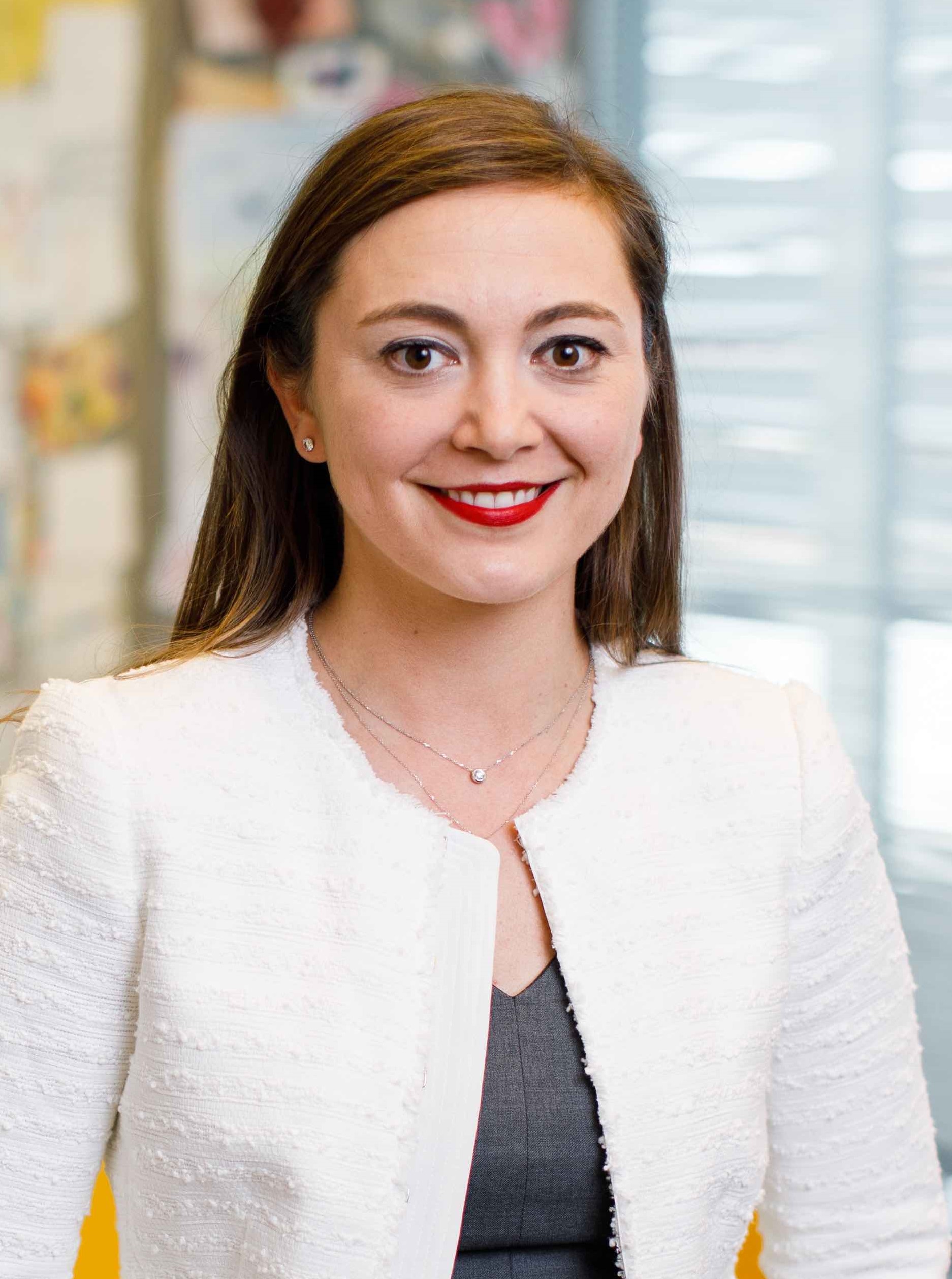
Security vs Capability: Lessons for the Future of Cybersecurity
Dr. Nadya T. Bliss is the Executive Director of the Global Security Initiative at Arizona State University. In that capacity, she leads a pan-university institute-level organization advancing research, education, and other programming in support of national and global security. Prior to leading GSI, Nadya spent time as an Assistant Vice President, Research Strategy at ASU and a decade in various positions at MIT Lincoln Laboratory, most recently as the founding Group Leader of the Computing and Analytics Group. She has proven expertise in growing mission focused research organizations, strategic planning, and organizational design, deep knowledge of the technology transition pipeline, and significant experience identifying advanced research capabilities to address mission and application needs. Nadya is actively involved in advisory boards and national committees, including current service as an Executive Committee member of the Computing Community Consortium and an upcoming appointment as the vice-chair of the DARPA ISAT (Information Science and Technology) Study Group.
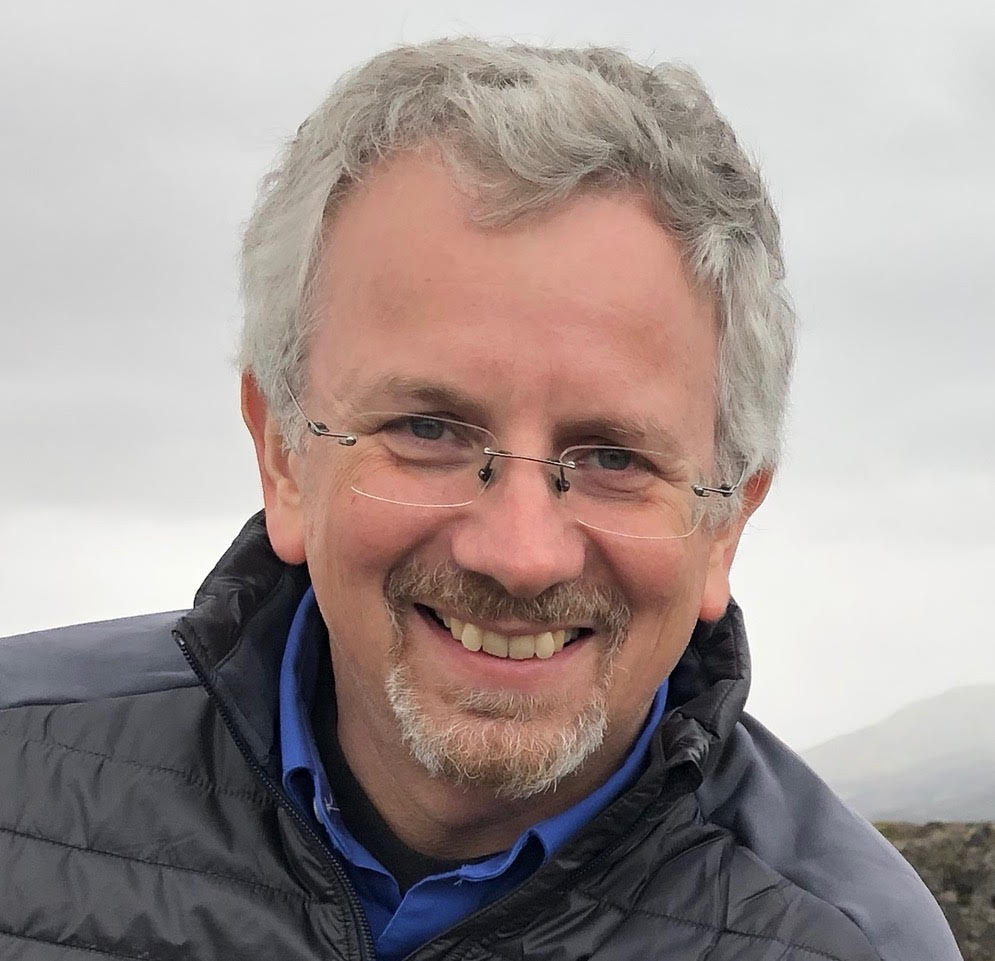
Education Through Exploration: Reinventing Learning in the Digital Age
Ariel Anbar is a scientist and educator exploring Earth’s past and future as an inhabited world, and the prospects for life beyond. In science, Anbar and his team have published over 130 refereed papers on topics ranging from the origins of Earth’s atmosphere to detecting life on other worlds. In education, Anbar directs ASU’s Center for Education Through Exploration, which is reinventing digital learning around curiosity, exploration, and discovery. Anbar is a President’s Professor in ASU’s School of Earth and Space Exploration and School of Molecular Sciences, a Distinguished Sustainability Scholar in ASU’s Julie Ann Wrigley Global Institute of Sustainability, and a Howard Hughes Medical Institute Professor. A graduate of Harvard and Caltech, he is a Fellow of the Geological Society of America and the Geochemical Society. He was elected President of the Biogeosciences Section of the American Geophysical Union in 2016, named one of 10 “teaching innovators” by the Chronicle of Higher Education in 2017, and received the Science Innovation Award from the European Association of Geochemistry in 2019.